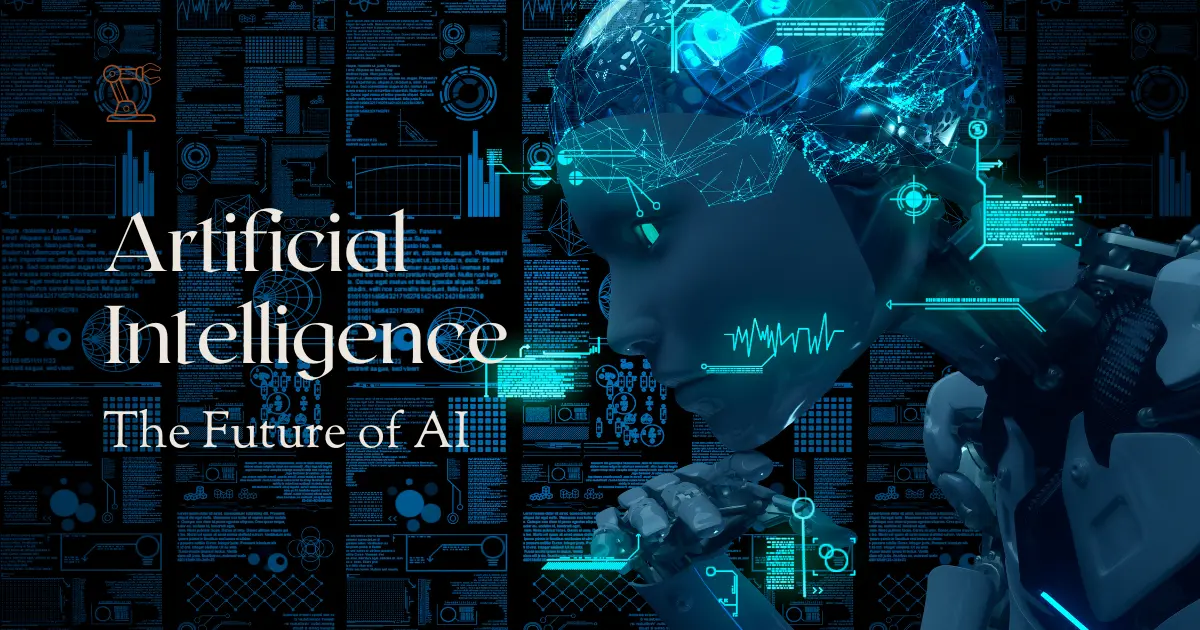In a world where artificial intelligence is rapidly advancing and becoming more integrated into our daily lives, the conversation around its ethical implications has never been more crucial. As we stand on the brink of a technological revolution that promises unparalleled progress and innovation, it is imperative that we pause to consider the ethical considerations and challenges that come hand in hand with this brave new world of AI. From concerns about data privacy and surveillance to questions surrounding bias and discrimination in algorithms, the future of AI holds both immense promise and daunting obstacles that demand our immediate attention. Join us as we delve into the complex landscape of AI ethics, exploring the delicate balance between technological advancement and moral responsibility in shaping a future where man and machine coexist harmoniously.
Ethical considerations in AI decision-making processes
One crucial ethical consideration in AI decision-making processes is the potential for bias to be embedded into algorithms, leading to unfair outcomes for certain groups. Algorithms can reflect the biases of their creators or the data they are trained on, perpetuating discrimination and inequality. It is essential for developers and researchers to actively work towards mitigating these biases through careful data selection, transparent algorithms, and ongoing monitoring.
Another important ethical concern is the issue of accountability when it comes to AI decisions. In many cases, it can be challenging to attribute responsibility for decisions made by AI systems, especially when complex algorithms are involved. Questions arise about who should be held accountable in cases of errors or harm caused by AI technology, highlighting the need for clear guidelines and regulations in this rapidly evolving field. Organizations must ensure transparency and accountability measures are in place to address these challenges responsibly.
Bias and fairness in AI algorithms
AI algorithms have become an integral part of our daily lives, impacting everything from job recruitment to criminal sentencing. However, a major concern with these algorithms is their potential for bias. Studies have shown that AI systems can reflect the biases present in the data they are trained on, leading to discrimination against certain groups. This raises questions about the fairness and ethics of using AI technology without addressing these underlying issues.
One potential solution to this problem is to implement bias detection and mitigation techniques within AI algorithms. By actively examining and correcting for biases in the training data, developers can work towards creating more fair and transparent AI systems. Additionally, promoting diversity and inclusivity in the development teams behind these algorithms can help ensure a broader range of perspectives are considered, potentially reducing biases in the final product. Ultimately, it is crucial for developers and policymakers to prioritize fairness and accountability when designing and deploying AI technologies to prevent further perpetuation of societal inequalities.
Privacy concerns with the increasing use of AI technology
Privacy concerns have reached new heights with the rapid integration of AI technology into various aspects of our lives. As AI algorithms become more sophisticated and pervasive, the amount of personal data being collected and analyzed has also increased significantly. This raises questions about who has access to this data, how it is being used, and the potential for misuse or breaches.
One major issue is that AI systems often rely on vast amounts of sensitive information to function effectively, leading to concerns about data security and privacy. Furthermore, the lack of transparency in how AI algorithms make decisions can result in biased or discriminatory outcomes, putting individuals at risk of unfair treatment based on their personal data. As we continue to embrace AI technology in our daily lives, finding a balance between innovation and privacy protection becomes crucial to ensure a safe and ethical use of these powerful tools.
Accountability and transparency in AI systems
With the increasing deployment of AI systems in various industries, the need for accountability and transparency has become more critical than ever. These systems make decisions that have profound impacts on individuals and society as a whole, yet many are opaque in their inner workings. The lack of transparency can lead to bias, discrimination, and lack of explainability, undermining trust in these technologies.
Accountability in AI systems requires clear guidelines and mechanisms to hold developers and users responsible for their actions. This includes setting standards for data collection, model development, and decision-making processes. Additionally, involving diverse stakeholders in the design and implementation of AI systems can help ensure inclusivity and fairness. By establishing a culture of transparency and accountability from the outset, we can promote ethical practices and mitigate potential risks associated with AI technologies.
The impact of AI on job displacement and workforce changes
As AI continues to advance, it is inevitable that job displacement and workforce changes will occur. While some may fear the loss of jobs due to automation, it is important to recognize the potential for new opportunities that AI can bring. For example, AI can streamline processes, increase efficiency, and create new job roles focused on managing and optimizing AI systems.
Furthermore, the implementation of AI in the workforce can lead to a shift in the skill set required from employees. Soft skills such as creativity, critical thinking, and emotional intelligence become increasingly valuable alongside technical expertise. This trend highlights the importance of continuous learning and adaptability in order to thrive in an AI-driven economy. Ultimately, embracing these changes is crucial for individuals and organizations to remain competitive in a rapidly evolving technological landscape.
Regulations and guidelines for the responsible development and deployment of AI
As the use of artificial intelligence (AI) continues to grow in various industries, it becomes increasingly important to establish regulations and guidelines for its responsible development and deployment. One key aspect is ensuring transparency in AI algorithms and decision-making processes to avoid any biases or discrimination. Companies must also prioritize data privacy and security when collecting and storing personal information used by AI systems.
Another crucial consideration is the ethical implications of AI technology, such as the potential impact on job displacement and social inequality. Regulators need to work closely with industry experts to develop frameworks that uphold ethical standards while promoting innovation. Moreover, collaboration between stakeholders, including government bodies, businesses, researchers, and ethicists, is essential for creating a cohesive approach to regulating AI development.
In conclusion, striking a balance between fostering innovation and upholding ethical values is paramount for the responsible development of AI. Effective regulations should keep pace with technological advancements while prioritizing human welfare and societal well-being. By working together towards a common goal of ethical AI deployment, we can harness the full potential of this transformative technology while mitigating potential risks.

